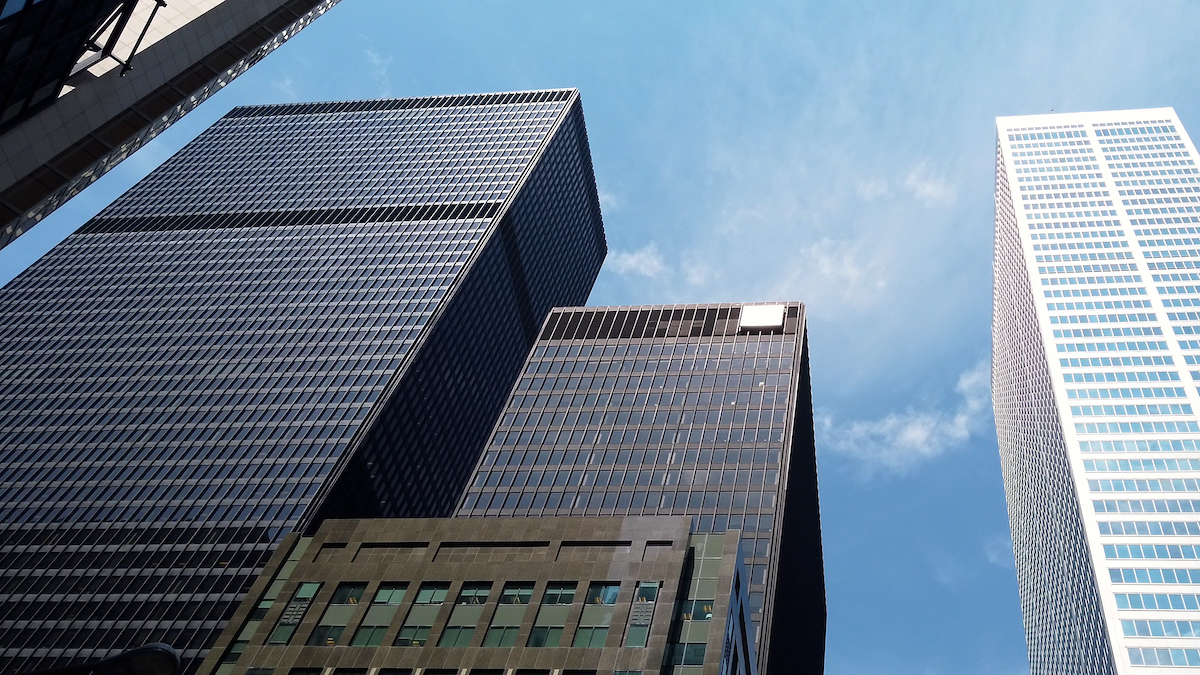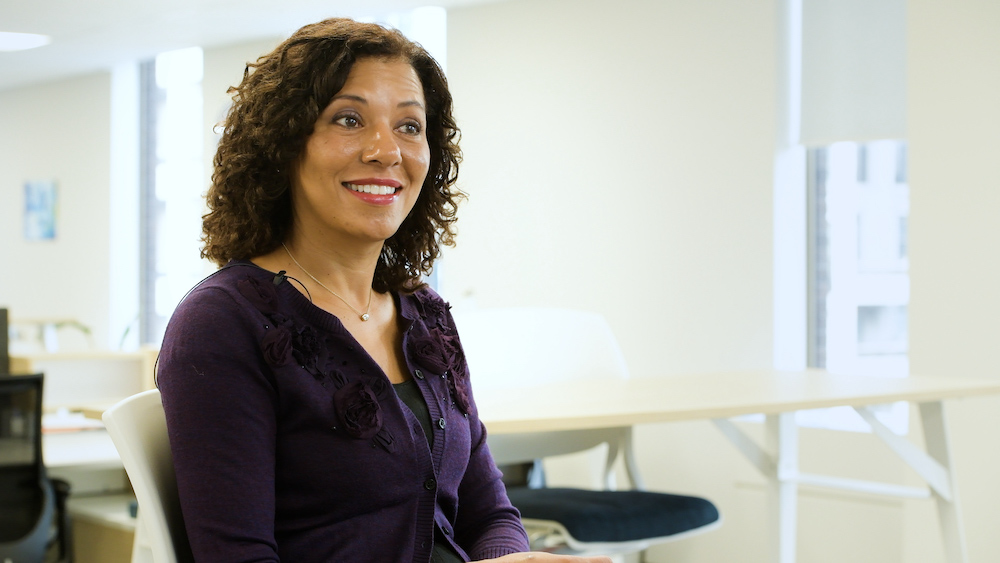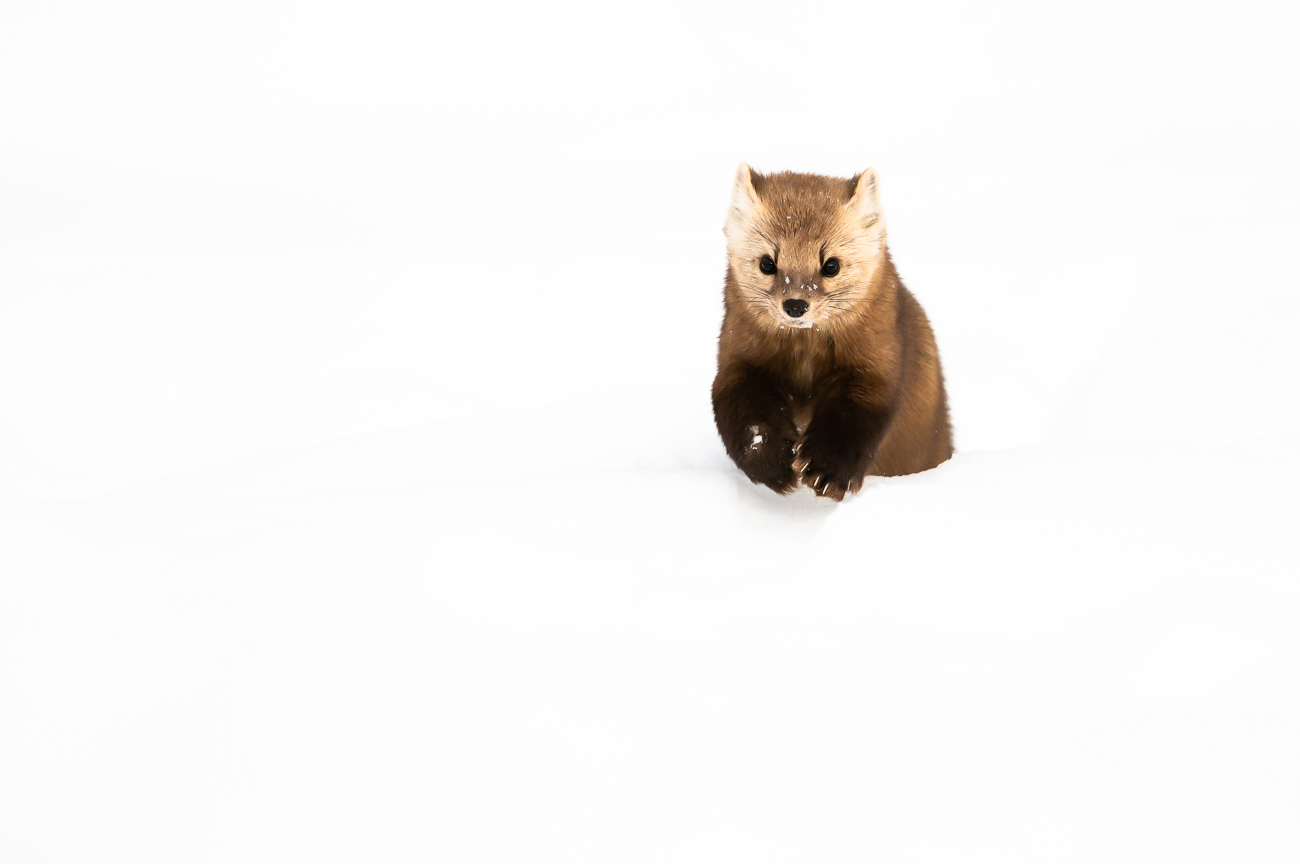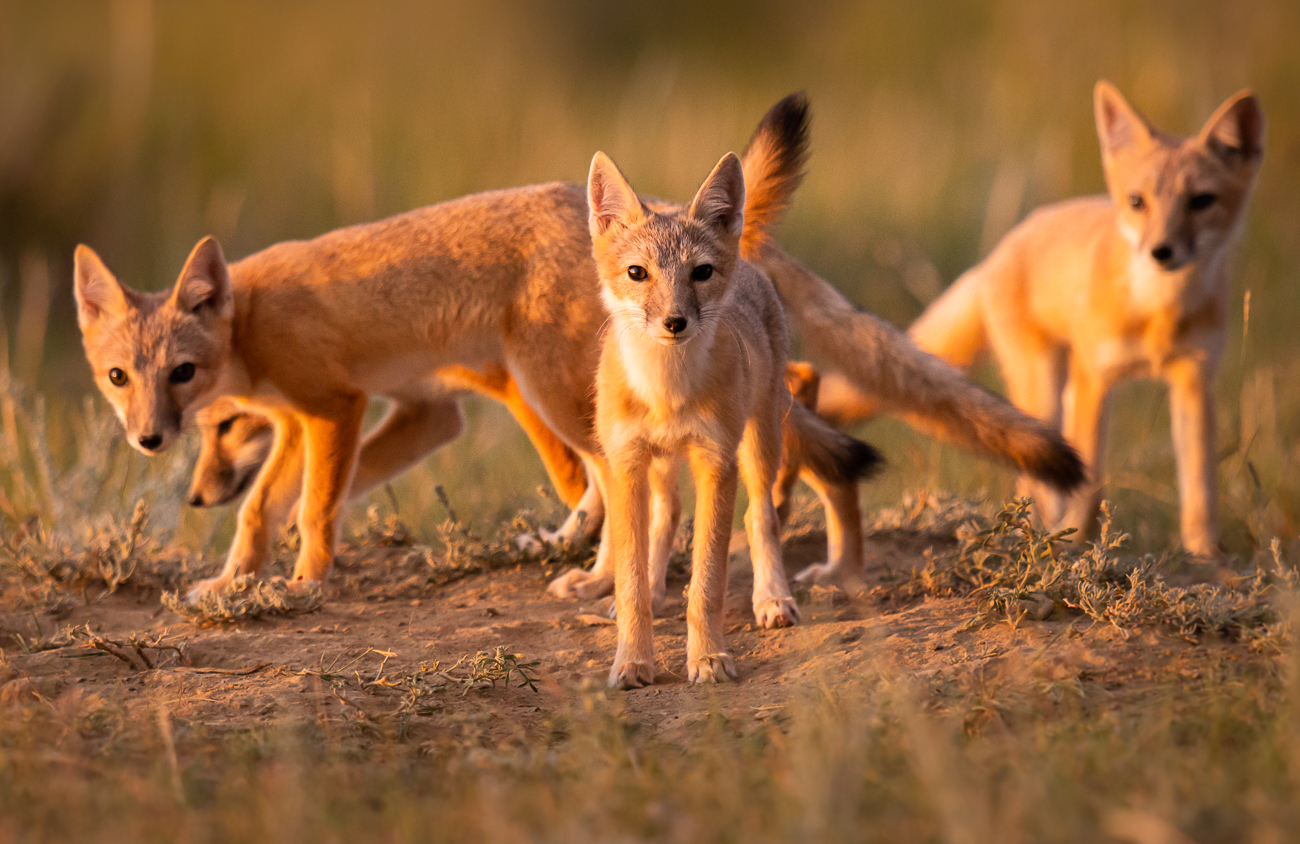The System of Things
Chapter One
Kim Campbell understands systems.
“Obviously there have to be things done on a large scale (to protect biodiversity) – species preservation, reforestation, wetlands preservation.”
Right, she gets why natural systems matter, but Kim Campbell also knows a thing or two about how our political system works.
“Winston Churchill once said that democracy was the worst form of government, except for all the others. And I think that’s true. As long as it’s people, s long as human beings are making it run, it’s going to reflect all of the human virtues and flaws.”
Kim Campbell, in other words, understands that systems are complex and imperfect. She understands that having an impact on our world – natural or political – can seem impossible. And yet Kim Campbell has proven that what can seem impossible is very possible indeed when we choose to find our voice and act.
“I had a responsibility to participate. And of course, as I got older, that translated into the democratic governance of my society. If I could make a contribution, then I should.”
Kim Campbell, of course, was Canada’s 19th prime minister – Canada’s first female prime minister.
“I’m really touched by how many people said to me, ‘I was in grade 8 when you became prime minister and I just thought it was so great.’ Or, ‘I was in university and it was the biggest deal and it was so wonderful’. And they didn’t say, ‘And then you lost and I felt terrible’. What they remembered was that I made that breakthrough. And, so, a woman being prime minister was no longer a hypothetical. It was a reality.”
Like our two bears, Kim Campbell’s story didn’t start at the top. It was a long journey of ups and downs. It was a series of steps that started small and allowed a young Kim Campbell to better understand Canada’s system of governance.
“I started my political career on the school board. After all, the decisions people make in local government – whether it’s school board or parks board or city council – these affect people directly every day. It’s actually a great place to learn your political instincts because you don’t go someplace else to serve your constituents; they’re right there (where you live).”
Kim Campbell acknowledges “I was most powerful when I was in parliament because I was Minister of Justice and Attorney General for three years. I had the responsibility of making amendments to the criminal code, and was able to do some very significant things there.”
But our former prime minister also believes that power isn’t always the same as leadership. In fact, Kim Campbell believes real leadership is about finding ways to shape our world for the better at every step of our journey and through whatever position we find ourselves in.
“When I was in the provincial legislature, my party was in government, but I didn’t get on that well with the premier. I wasn’t in Cabinet, but I did help lead a task force on conservation and the following NDP government (adopted the recommendations).”
That, and she tells us, the introduction of the International Baccalaureate program to public schools while on the Vancouver School Board are two of her greatest legacies. And both achievements were made possible because of the leadership she demonstrated, even though in both cases she wasn’t in a leadership position.
“I think you don’t even know what impact you’re going to have.”
What matters is that we try to lead – as stewards, as citizens – in whatever way we can. After all, Kim Campbell reminds us, “How we do things is integral to what we do.”
Our former prime minister is right, of course. And it’s why she adds, “I think we are living in dark times, but it’s not the first time we’ve lived in dark times. It’s been the courage and steadfastness of – particularly young people – that have helped us to get through it.”
Which sounds like a lot of responsibility. And when faced with the pressure of responsibility, we often worry we’ll fail – that we’ll let down our world, our community, our family and friends, our future. But Kim Campbell wants you hear this:
“Even though (my government) had a terrible defeat in ’93, it didn’t destroy me.”
Indeed, since leaving politics, Kim Campbell has continued to lead, has continued to shape our world.
“I’ve looked to find ways to use whatever virtual tiara I have that flashes ‘former PM’ to open doors for people and to continue to make a contribution.”
And our former prime minister urges us all to find a way to make our contribution to society.
“We can’t all be in parliament. We have to decide what it is that we can contribute, and want to contribute. If you’re somebody who has their heart set on being a doctor, you will take a different approach than somebody who wants to get a bachelor’s degree in science and then go on into direct engagement. The thing is, find what you’re passion is, find what you’re good at, find what you feel that you can do to contribute, and then do it.”
That doesn’t necessarily mean volunteering for your local community organization. Change, Kim Campbell argues, begins with our profession – our career. After all, impact is only possible when we “get organized in order to make a living.”
In the doing, it’s possible to find happiness, prosperity and a better balance between people and nature.
“Many Canadians are doing remarkable things and producing remarkable new innovations. And we need to make sure that they get a chance to be applied. Some will be great, but they won’t scale up; they won’t be as useful as another one.”
But, again, what matters is trying. What matters is finding our place in our systems – natural, political and economic – and then leading the change we want to see through the life we live.
“Youth, like you, paid the ultimate price to defeat fascism, to defeat the forces that did not want democracy, did not want the rule of law, did not want constraint on those in power. So, I think we have an obligation to the people who made that sacrifice.”
We do. So, as Kim Campbell implores, “go for it!”
And that’s exactly what Sandra Odendahl did.
“I thought I was parking my interest in the environment when I went into banking.”

Sandra is a leading financial executive and is passionate about finding a better balance between people and nature. But her journey didn’t begin in finance; it started with her best subject in school – science – and a promising career as an environmental engineer.
Sandra explains, when a job at a bank first came up, “I sort of told myself, well, this will be a little detour because I want to try this and I’m interested in finance and how it’s all connected. But, then a year and a half into it, I was the leader of the environmental team in the bank. I was passionate and interested and when something came up, they were like, ‘oh, there’s an environmental engineering person we should talk to’.”
And the rest was history.
Sandra’s passion for nature, in many ways, began when she was young, at her family’s cottage on a small lake in Quebec.
“You sort of start to absorb things that you don’t even realize you’re learning about the connectivity of everything.”
With time, Sandra realized her childhood experiences weren’t just lessons on biodiversity and the importance of the web of life, but also a reminder that our choices – in life and career – influence and shape the world around us.
“I was in chemical engineering and started zeroing in on the effluence from pulp and paper mills, and dioxins and coronated organic compounds. I was really interested in applying my knowledge to making those industrial processes that we need cleaner.”
Her success in bridging passion and work, skills and citizenship, allowed Sandra to change how mills operate, helping both the economy and the environment. It’s why, she tells us, to succeed in career and in life, “whether you work in finance or not, you should have a basic understanding of the principles of finance and math so that you don’t get yourself into deep trouble.”
Sandra adds the same goes for science – we all need some understanding of natural systems.

“I mean, you don’t need to know how to do stoichiometry with chemical formulas, but understand the world around you at a basic level. Understand the changes happening in the world around you, the implications of what you do and what people do on the world around you, how Mother Nature affects us. I think a basic understanding of that is really important for everyone because we’re a wholly owned subsidiary of planet Earth. You’ve got to understand the spaceship you’re on, even if you don’t know how to work all the controls; you should have a basic understanding of how it works.”
With that knowledge, Sandra argues, anything is possible – for our careers and for our world.
“Do what you’re good at and what you enjoy. Go be a scientist, go be a doctor, go be a teacher or even an artist or something in the social sciences. There are all sorts of things you can do. But take your interest and make change from within.”
What Sandra’s journey has taught her? Being a leader and navigating our system doesn’t have to be overwhelming or something available only to a lucky few. After all, systems are made up of people. And guess what? That means we’re the system.
When we think of it that way – when we realize the impact we are already having – we can find new ways to have a bigger impact and create a better future.

Which is why Sandra tells us, “Keep in mind what you love, what excites you, and incorporate that in what you do. Be open minded about how you can do that because you can do that in a lot of different ways. So, if you’re passionate about nature, passionate about the environment, passionate about social justice, there are a lot of ways to bring that into a lot of different career paths.”
Whether it’s obvious or not – whether we can see it, measure it, understand it or not – we matter. What we do matters. After all, rightly or wrongly, so often it’s what we do – our career – that defines our life and our legacy. And, sure, we can work to live, but we can live to work if we love what we do and if what we do inspires a better life – for us and for others, for people and for nature.
Just like Sandra Odendahl.
“What is the contribution you want to make in the world? Start for there. You’re going to have to make compromises. There will be detours. There will be periods in your life where you feel like the contribution isn’t exactly what you thought it would be, or you may be making a contribution through your volunteer work – and that’s completely fine. But think about the contribution that you want to make; think about something in the world you care about, that interests you, that you can actually do something about. I think you need to follow your passion, but you need to be really open to ways of following your passion that are not a straight line.”
Sandra adds, “I never thought I’d spend 19 years in banking. Like what 15-year-old plans that? And it’s the greatest experience.”
Sandra Odendahl has had the most incredible impact. Like Kim Campbell. Like our two bears.
Which proves there is no one right path. We can author our own journey; we can find our own way to lead, to succeed and to leave our mark on a better world for all.





